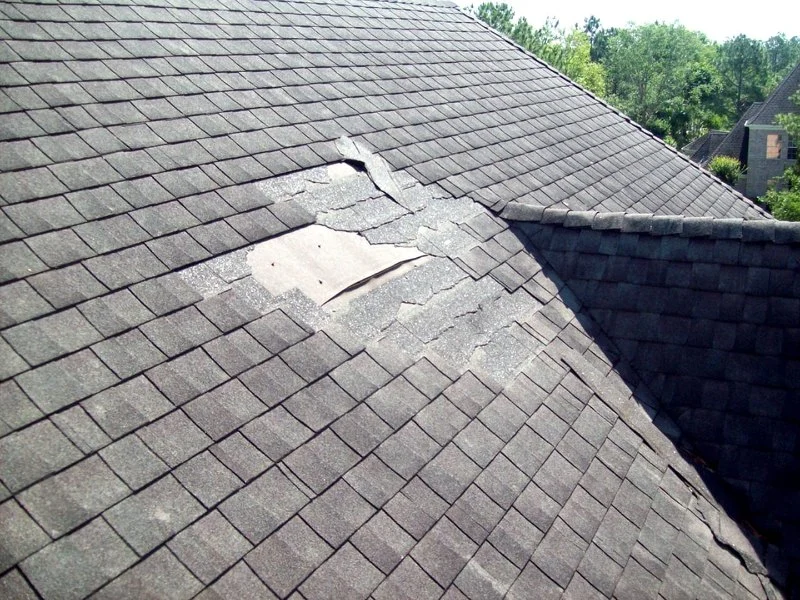
- Understanding-How-Foot-Traffic-Damages-Your-Roof
- Common-Scenarios-That-Cause-Roof-Damage
- Practical-Tips-to-Prevent-Damage-from-Foot-Traffic
- How-to-Inspect-and-Repair-Minor-Damage
- Real-Life-Case-of-Foot-Traffic-Damage
- Why-BeachCo-Roofing-Hub-Is-Your-Best-Partner-for-Roof-Care
1. Understanding How Foot Traffic Damages Your Roof
Most homeowners don’t realize how fragile their roofing system can be until damage appears. Walking on a roof may seem harmless, but improper foot traffic is one of the leading causes of early roof wear and tear. The pressure from footsteps can dislodge shingles, crack tiles, and weaken the underlayment that protects your home from moisture.
Even professional roofers use special footwear and techniques to minimize stress on roof materials. Without the right knowledge, a quick inspection or a misplaced step can cause long-term damage that leads to leaks, energy inefficiency, or even costly replacements.
That’s why understanding how to prevent roof damage from foot traffic is essential for maintaining your roof’s integrity and lifespan.
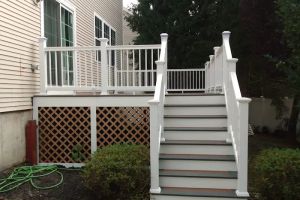
agape construction ren
Long BranchMonmouth CountyNew Jersey
410 Long Branch Ave, Long Branch, NJ 07740, USA
2. Common Scenarios That Cause Roof Damage
2.1 Routine Maintenance and DIY Projects
Homeowners often climb onto their roofs for tasks like cleaning gutters, installing antennas, or checking for leaks. Unfortunately, these activities can lead to unintentional damage when done without proper precautions. Pressure on weak spots or walking on brittle shingles can crack or loosen materials, especially under heat or cold stress.
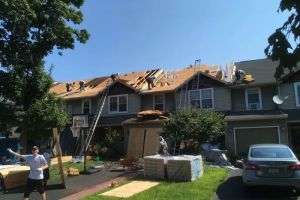
Roof Repair And Replacement Fort Washington
Fort WashingtonMontgomery CountyPennsylvania
540 Pennsylvania Ave ste 5, Fort Washington, PA 19034, USA
2.2 Contractors Without Roofing Experience
It’s not just homeowners—other contractors such as painters, HVAC technicians, or solar panel installers can also cause roof damage. They may drag equipment across shingles or place heavy objects directly on the surface, creating dents or punctures that compromise waterproofing layers.
2.3 Environmental Conditions That Make Damage Worse
Roofs under extreme sunlight or cold become more vulnerable to cracking and splitting. Foot traffic during these conditions can accelerate surface deterioration, especially on asphalt shingles or clay tiles.
3. Practical Tips to Prevent Damage from Foot Traffic
3.1 Use Designated Walkways or Roof Pads
If you frequently need roof access—for example, to service solar panels—install roof walkway pads or pavers designed to distribute weight evenly. These protect the underlying shingles or membrane while providing safer footing.
3.2 Wear the Right Footwear
Avoid hard-soled or heavy boots that can puncture roofing materials. Instead, use soft-soled shoes with non-slip grip. Roofing professionals often recommend rubber-soled footwear to reduce friction and minimize shingle displacement.
3.3 Avoid Walking on Vulnerable Areas
Certain parts of your roof, like valleys, ridges, or areas near flashing, are more susceptible to damage. Always walk gently along support beams when necessary, and avoid unnecessary movement to limit impact.
3.4 Schedule Regular Professional Inspections
Instead of doing DIY checks, hire certified roof inspectors who know how to safely navigate different roofing materials. Professionals have the tools and expertise to identify potential issues without causing new ones.
4. How to Inspect and Repair Minor Damage
If you suspect damage after roof access, start with a visual inspection from the ground using binoculars. Look for cracked shingles, exposed nails, or uneven areas that may signal structural weakness.
For flat or low-slope roofs, check for scuff marks, punctures, or bubbles in the membrane. If you find minor issues, apply roofing sealant or patch materials immediately to prevent leaks from worsening. However, extensive damage should always be handled by professionals to avoid compromising the roof’s overall integrity.
5. Real-Life Case of Foot Traffic Damage
A homeowner in Tampa Bay learned the hard way after climbing onto his tile roof to retrieve a lost drone. Several cracked tiles went unnoticed until the next rainstorm caused water to leak into the attic. The repair bill exceeded $2,000—all due to a few misplaced steps.
After consulting experts, the homeowner invested in roof access pads and scheduled biannual inspections. Since then, no further issues have occurred, and his roof has remained in top condition for over five years.
6. Why BeachCo Roofing Hub Is Your Best Partner for Roof Care
At BeachCo Roofing Hub, we specialize in helping homeowners protect their roofs from unnecessary damage—especially from improper foot traffic. Our team offers expert guidance, from safe inspection practices to long-term maintenance plans.
We connect you with trusted roofing contractors who use advanced protective materials and non-invasive inspection tools. Whether you need help assessing your roof’s condition or installing protective walk pads, BeachCo Roofing Hub ensures your roof remains strong, safe, and built to last.
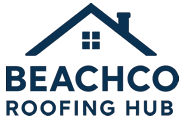

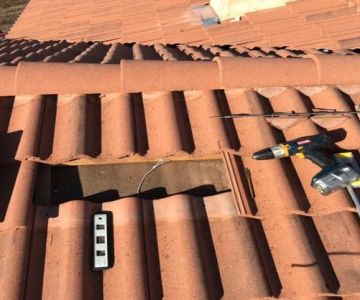
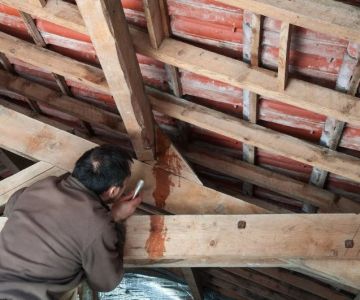
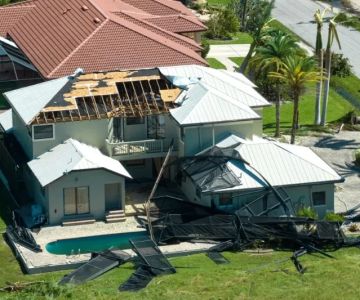
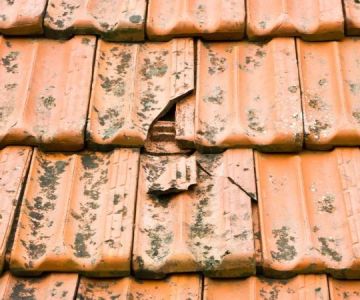
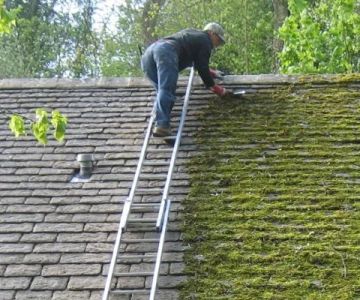
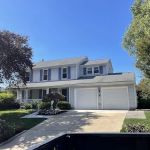 Roofing Right Now, a division of Home Improvement Right Now, LLC5.0 (10 reviews)
Roofing Right Now, a division of Home Improvement Right Now, LLC5.0 (10 reviews) Residential Homes Services Inc.5.0 (17 reviews)
Residential Homes Services Inc.5.0 (17 reviews)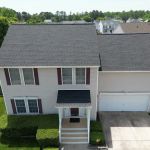 Priddy Roofing And Exteriors5.0 (23 reviews)
Priddy Roofing And Exteriors5.0 (23 reviews)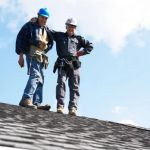 Home Services Advertiser0.0 (0 reviews)
Home Services Advertiser0.0 (0 reviews)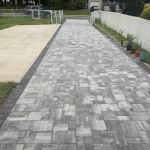 Top NJ Construction & Roofing5.0 (97 reviews)
Top NJ Construction & Roofing5.0 (97 reviews) Precision Roofers of Englishtown0.0 (0 reviews)
Precision Roofers of Englishtown0.0 (0 reviews)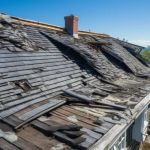 How to Identify and Repair Roof Damage from Sea Spray in Coastal Homes
How to Identify and Repair Roof Damage from Sea Spray in Coastal Homes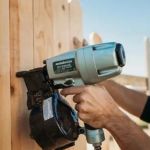 What is a Roofing Nail Gun and How to Use It Safely
What is a Roofing Nail Gun and How to Use It Safely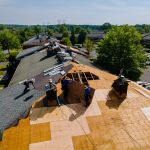 The Cost of Roof Replacement in Different US Regions: What You Need to Know
The Cost of Roof Replacement in Different US Regions: What You Need to Know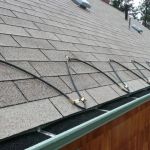 How to Install Roof Heat Cable on an EPDM Rubber Roof
How to Install Roof Heat Cable on an EPDM Rubber Roof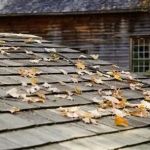 How to Handle Roof Damage Caused by Fallen Tree Branches
How to Handle Roof Damage Caused by Fallen Tree Branches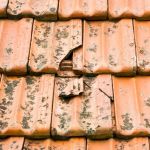 Tile Roof Repair: How to Handle Cracked and Broken Tiles
Tile Roof Repair: How to Handle Cracked and Broken Tiles